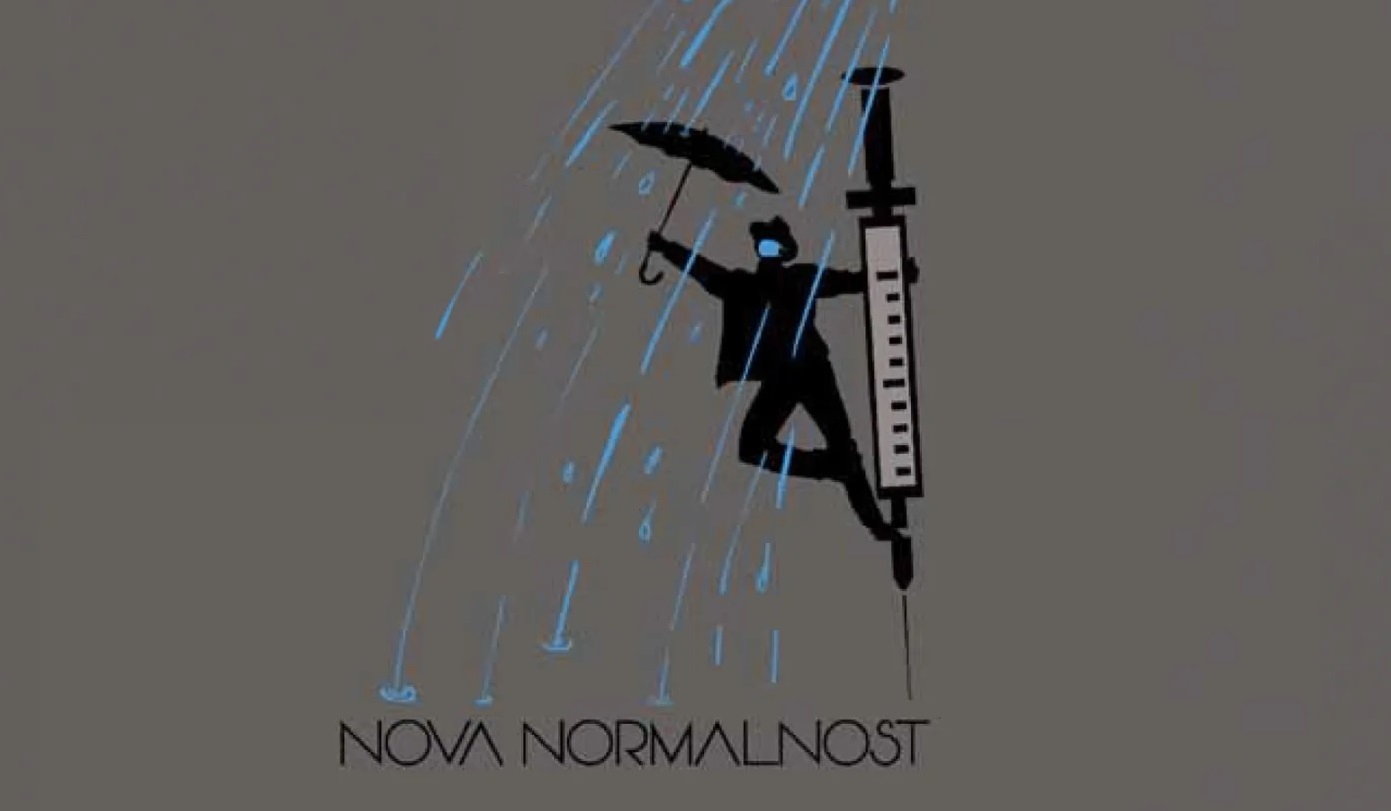 The European AIDS Treatment Group (EATG) invited us to the SCOPE project community consultation held on 20 October 2022 with representatives from other key population network organisations on HIV combination prevention standards of care. Board member Marija Mijović represented DPNSEE at the consultations.
The European AIDS Treatment Group (EATG) invited us to the SCOPE project community consultation held on 20 October 2022 with representatives from other key population network organisations on HIV combination prevention standards of care. Board member Marija Mijović represented DPNSEE at the consultations.
The SCOPE project is implemented with the aim to strengthen community engagement at local and regional levels and to reduce the gap in access and use of HIV combination prevention interventions by populations that are most affected by HIV, but which remain inadequately served by the health system and which are underrepresented in policy and public debate.
The purpose of this research was to identify a community consensus working definition of “HIV combination prevention” and develop population-specific standards of care indicators for the delivery of effective HIV combination prevention services in the WHO European region.
During the meeting, the participants had the opportunity to provide feedback on the research process, to ensure that population-specific prevention needs are incorporated and that the proposed prevention standards of care are acceptable and usable for future community monitoring.

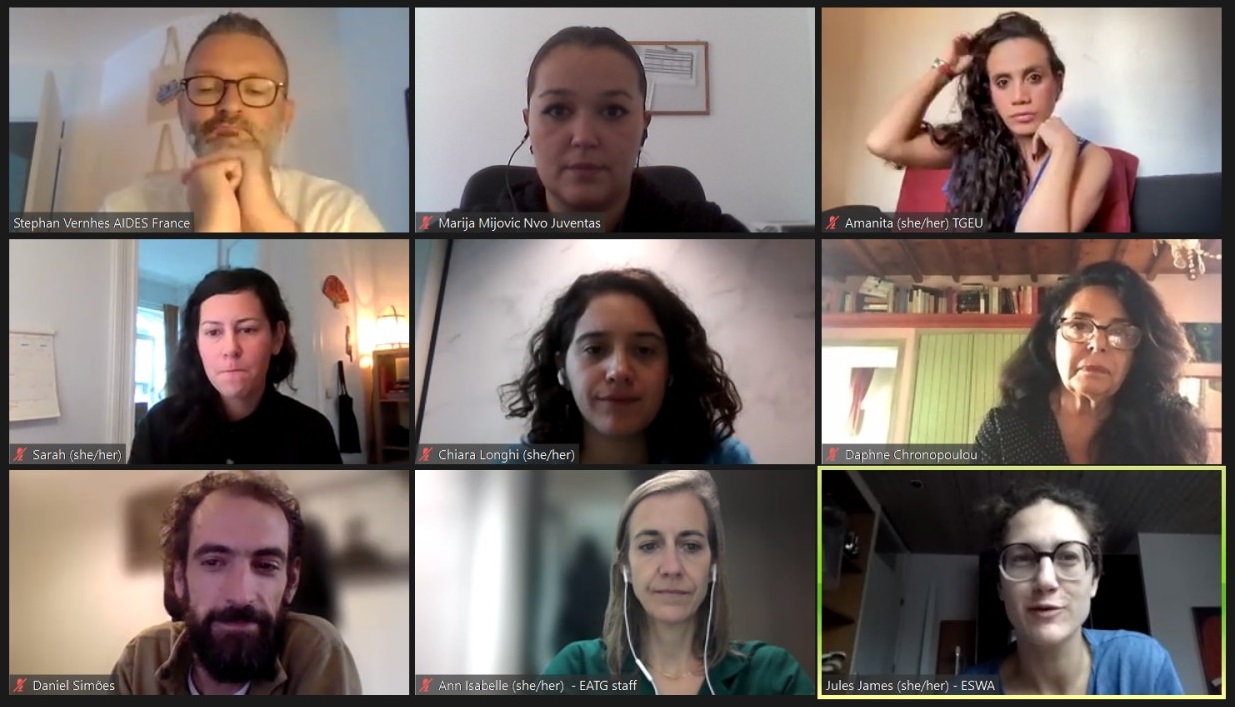


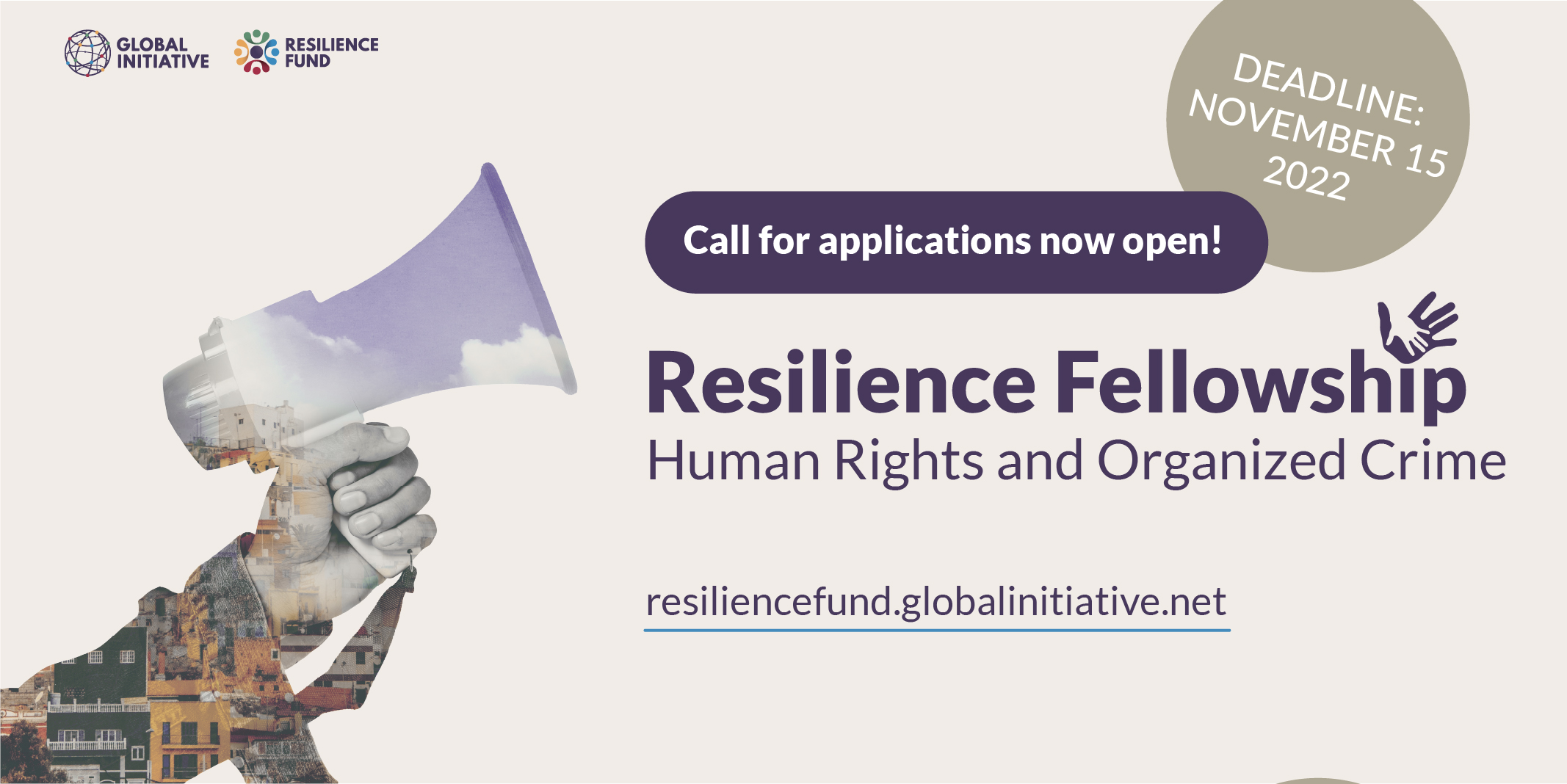



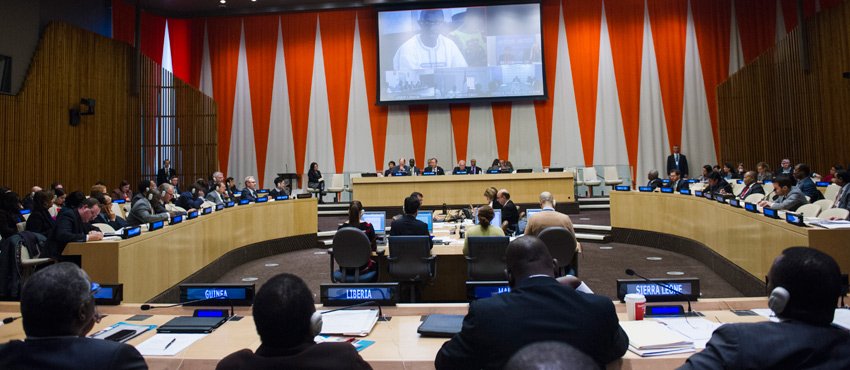

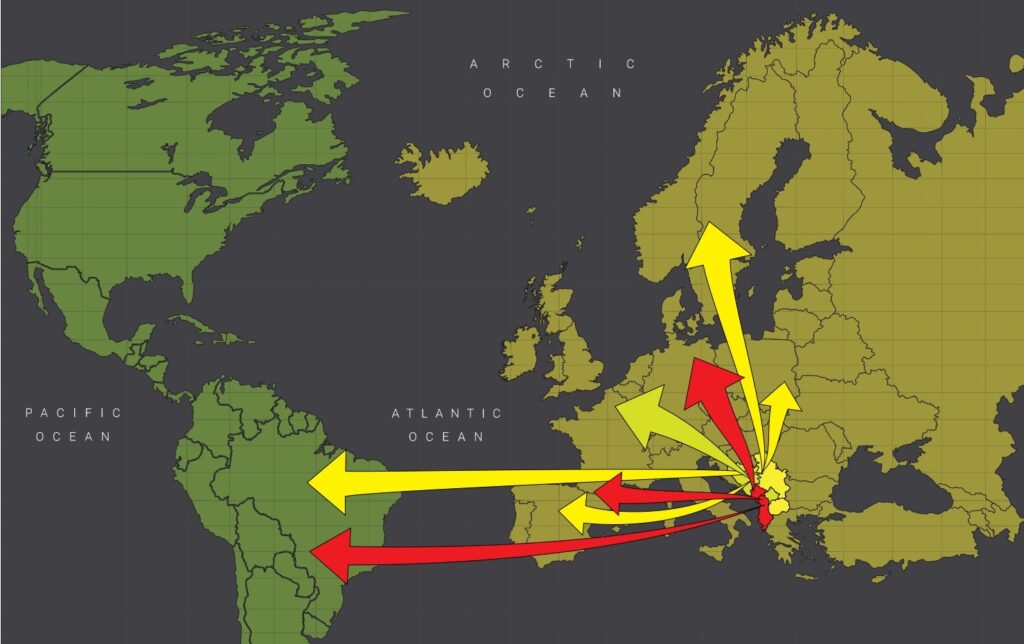
 To read the document,
To read the document, 
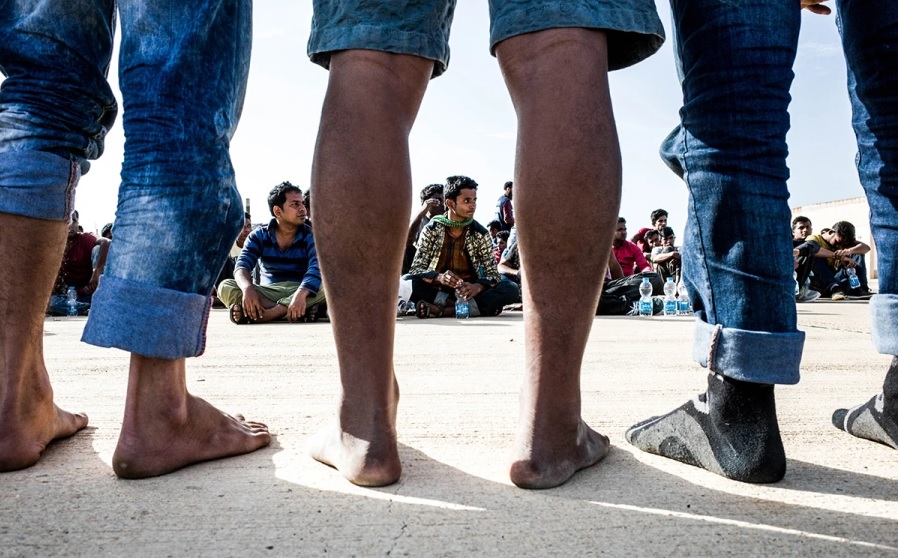
 You can download this document
You can download this document 